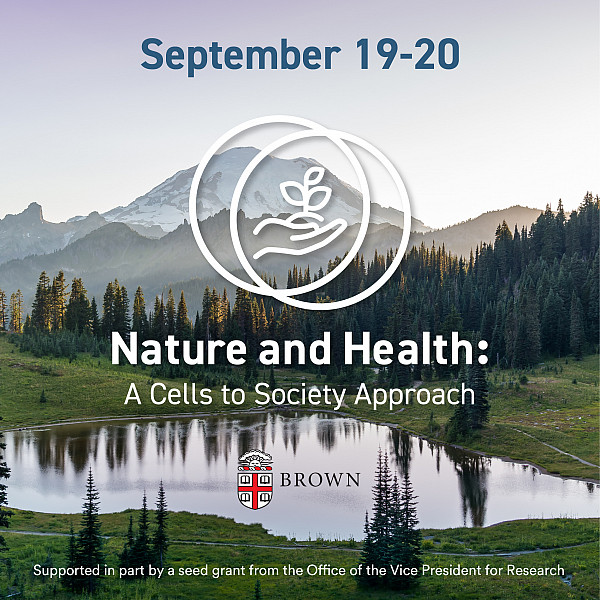Upcoming Events
-
Jul30More Information Biology, Medicine, Public Health, CCBS, Research
A predictive coding perspective on oscillatory traveling waves
Andrea Alamia, Centre de Recherche Cerveau et Cognition (CerCo), CNRS, Université de Toulouse, Toulouse, France
This talk presents a few studies that aim to interpret oscillatory travelling waves in the predictive coding framework. In the first part, I’ll introduce a simple model of the visual cortex based on predictive coding mechanisms, in which physiological communication delays between levels generate alpha-band rhythms. Interestingly, these oscillations propagate as traveling waves across levels, both forward (during visual stimulation) and backward (during rest). Remarkably, experimental EEG data matched the predictions of our model. In the second part of the talk, I’ll present two studies that indirectly investigate the link between predictive coding mechanisms and traveling waves experimentally: the first one investigates the effect of a powerful psychedelics drug, N,N, dimethyltryptamine (DMT), on alpha-band oscillations, and the second one interprets the pattern of oscillatory traveling waves in schizophrenic patients in the light of Predictive Coding. In the last part of the talk, I will show some (very) preliminary results on a statistical learning paradigm that directly explores the link between traveling waves and predictive coding processes.
-
Aug1More Information
The 2024 Summer Research Symposium, sponsored by the College, will be held on Thursday, August 1 andFriday, August 2, from 11:00am – 1:00pm in Sayles Hall.
Undergraduate research and curricular projects conducted throughout this summer will be on display for review and questions. All are welcome! -
Aug11:00pm - 3:00pm
Jae-Young Son Dissertation Defense
Metcalf Research Building, Rm Friedman AuditoriumMore InformationSpeaker: Jae-Young Son
Title: Abstraction underlies inferential representation of social networksAdvisor: Oriel FeldmanHall
Location: Friedman Auditorium, and via Zoom: https://brown.zoom.us/j/98723377994
-
Aug28:30am
Half-Day Symposium: Exploring the Interface of Cancer Biology & Bioengineering
70 Ship, Rm 107More Information Biology, Medicine, Public Health, Graduate School, Postgraduate Education, ResearchPlease join organizers Rob Sobol, Pat Dubielecka and Ian Wong for a mini-symposium on:
Exploring the Interface of Cancer Biology & Bioengineering
70 Ship Street,Room 107
August 2, 2024
Agenda
8:30 - 9:00 Breakfast
Engineering Therapeutics
9:00- 9:15 Intro by WafikS. El-Deiry, MD, PhD, FACP
9:15- 9:45 Speaker 1 - Tejal Desai, Ph.D.
9:50- 10:10 Speaker 2 - Theresa Raimondo, Ph.D.
10:10- 10:30 Speaker 3 - Sean Lawler, Ph.D.
10:30 - 11:00 Break, Networking &poster viewing
Imaging Cells and Matrix
11:00- 11:20 Speaker 4 - Ian Wong, Ph.D.
11:20- 11:40 Speaker 5 - Zixi Lin, Ph.D.
11:40- 12:00 Speaker 6 - Michelle Dawson, Ph.D.
12:00- 12:20 Speaker 7 - Rob Sobol, Ph.D.
12:20 - 1:30 Lunch
12:30- 1:00 Speaker 8 - Shiyoko Cothren
Single Cell Analyses
1:30- 1:50 Speaker 9 - Nikos Tapinos, Ph.D.
1:50- 2:10 Speaker 10 - Anubhav Tripathi, Ph.D.
2:10- 2:30 Speaker 11 - Megan Kizer, Ph.D.
2:30- 2:50 Speaker 12 - Patrycja Dubielecka, PhD
3:00 - 3:15 Future Directions & Closing Remarks
-
Aug210:00am
NSGP Thesis Defense: Ryan V. Thorpe
Sidney E. Frank Hall for Life Sciences, Rm Rm. 220/Marcuvitz Aud.More Information Biology, Medicine, Public Health, ResearchTitle: Inhibition-driven dynamics of stimulus representation and deviance detection in the neocortical column
Advisor: Dr. Stephanie Jones
-
Aug2More Information
The 2024 Summer Research Symposium, sponsored by the College, will be held on Thursday, August 1 andFriday, August 2, from 11:00am – 1:00pm in Sayles Hall
Undergraduate research and curricular projects conducted throughout this summer will be on display for review and questions. All are welcome! -
Sep20Interest FormMore Information
Brown is hosting a workshop called Nature and Health: A Cells to Society Approach on Sept. 19 & 20, 2024. The workshop is intended to generate an actionable and inclusive research approach to better understand and address the relationship between nature and human health.
This workshop was made possible thanks to support from the Spatial Structures in the Social Sciences (S4) program, the School of Public Health, and a Seed Award from the Brown University Division of Research and the Office of Research Strategy and Development.
Interest forms will be accepted until June 15.
-
Oct189:00am - 4:30pm
2024 Women in Data Science (WiDS) Providence Conference
Stephen Robert ’62 Campus Center, Rm Petteruti LoungeMore InformationJoin the Brown Data Science Institute for the 2024 Women in Data Science Providence Conference on Oct 18 at the Petteruti Lounge.
The conference will include a keynote speaker, panels on careers in data science, a networking lunch, and student lightning talks.
Keynote Speaker: Simona Cristea, Head of Data Science at the Hale Family Center for Pancreatic Cancer Research.
Speakers and panelists to be announced. Full schedule coming soon.
Please RSVP in advance.

